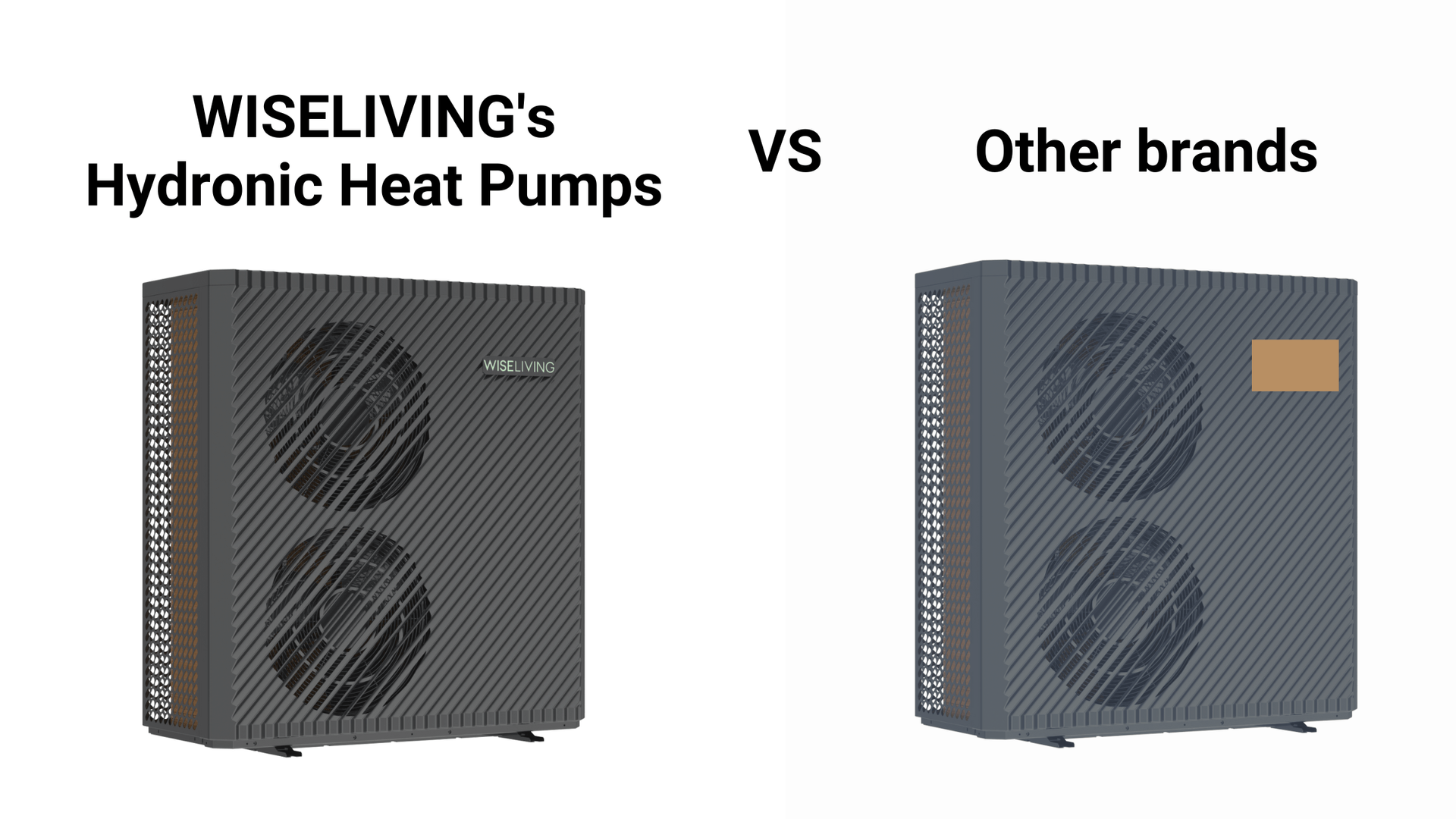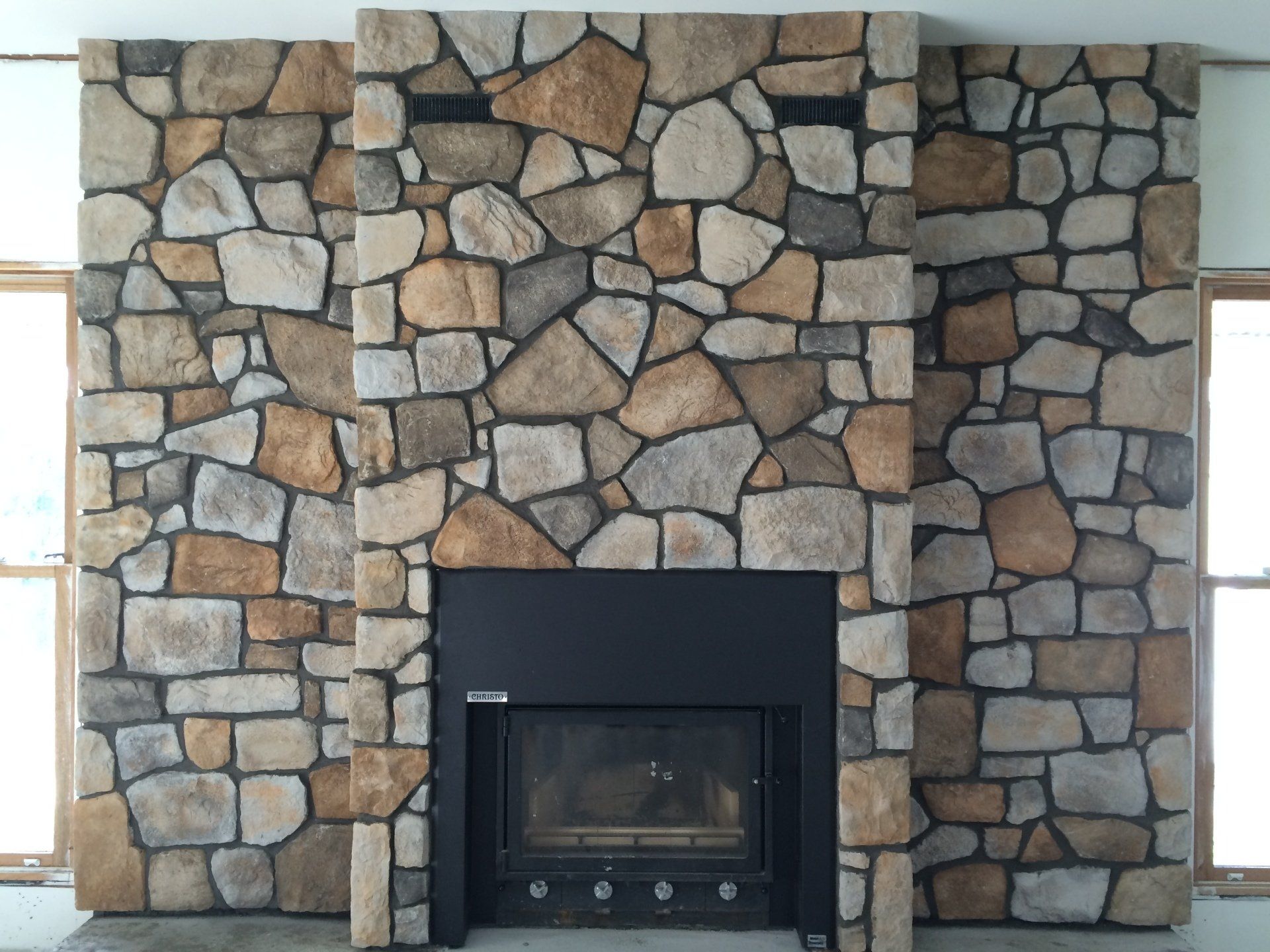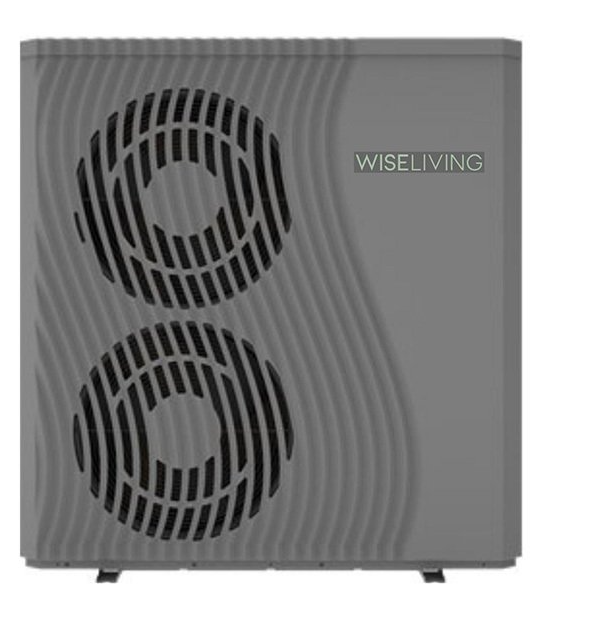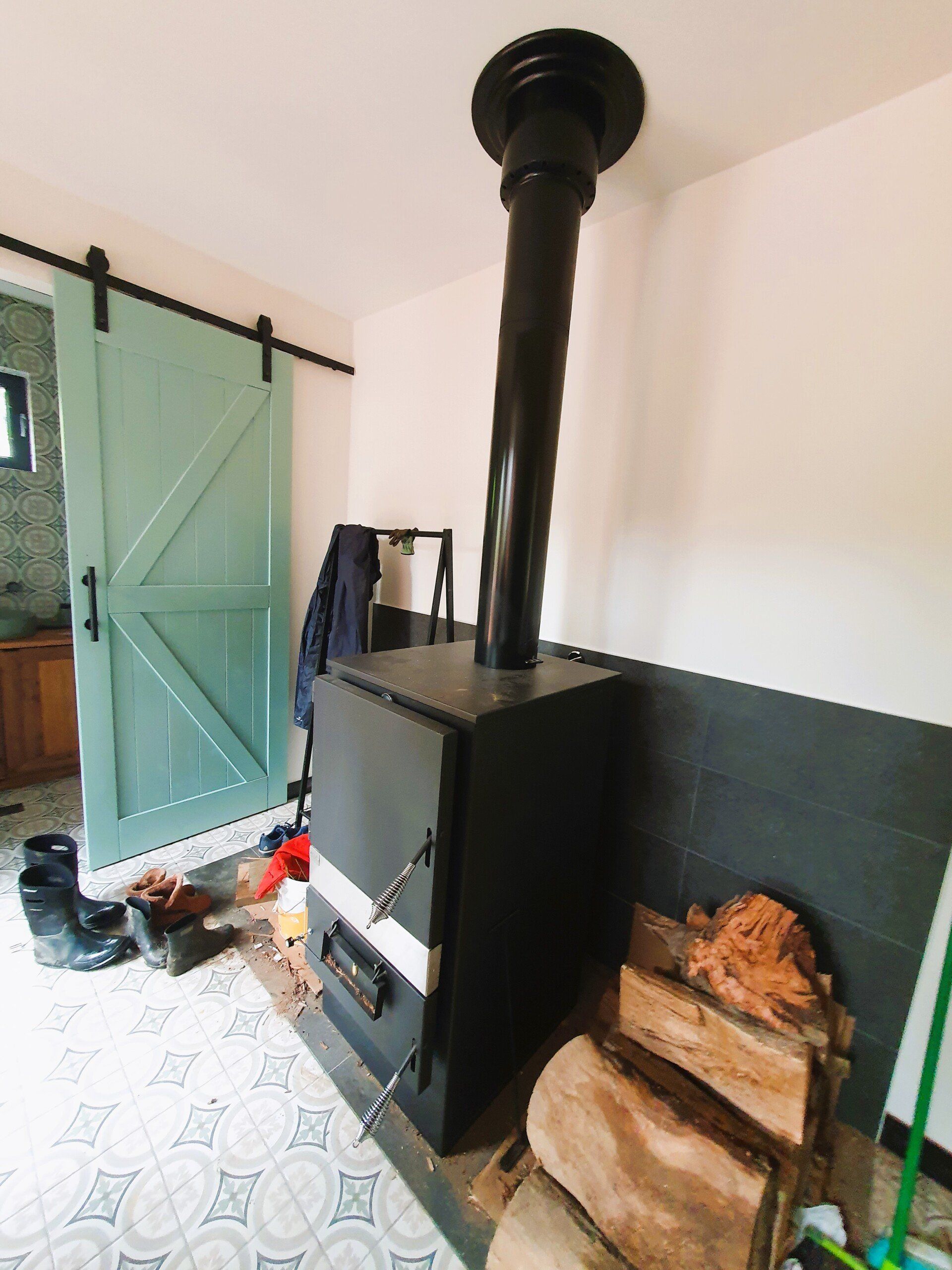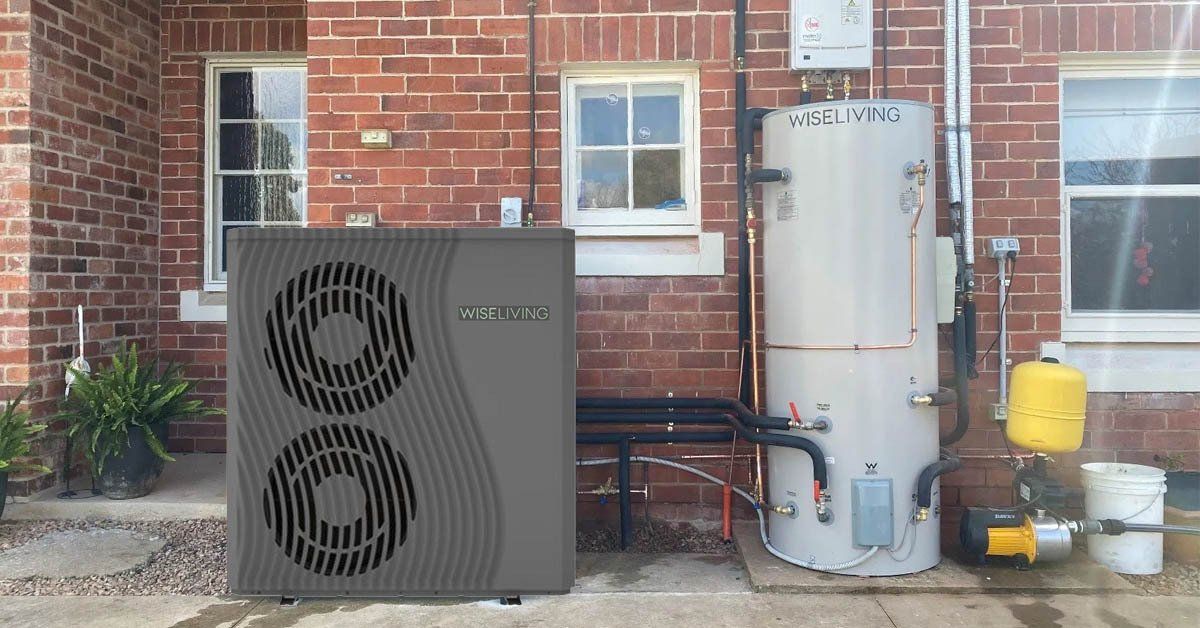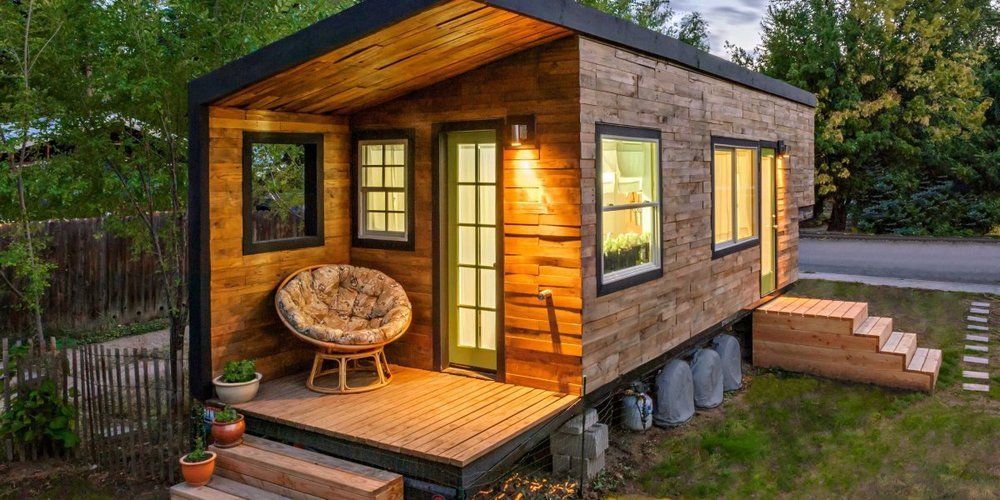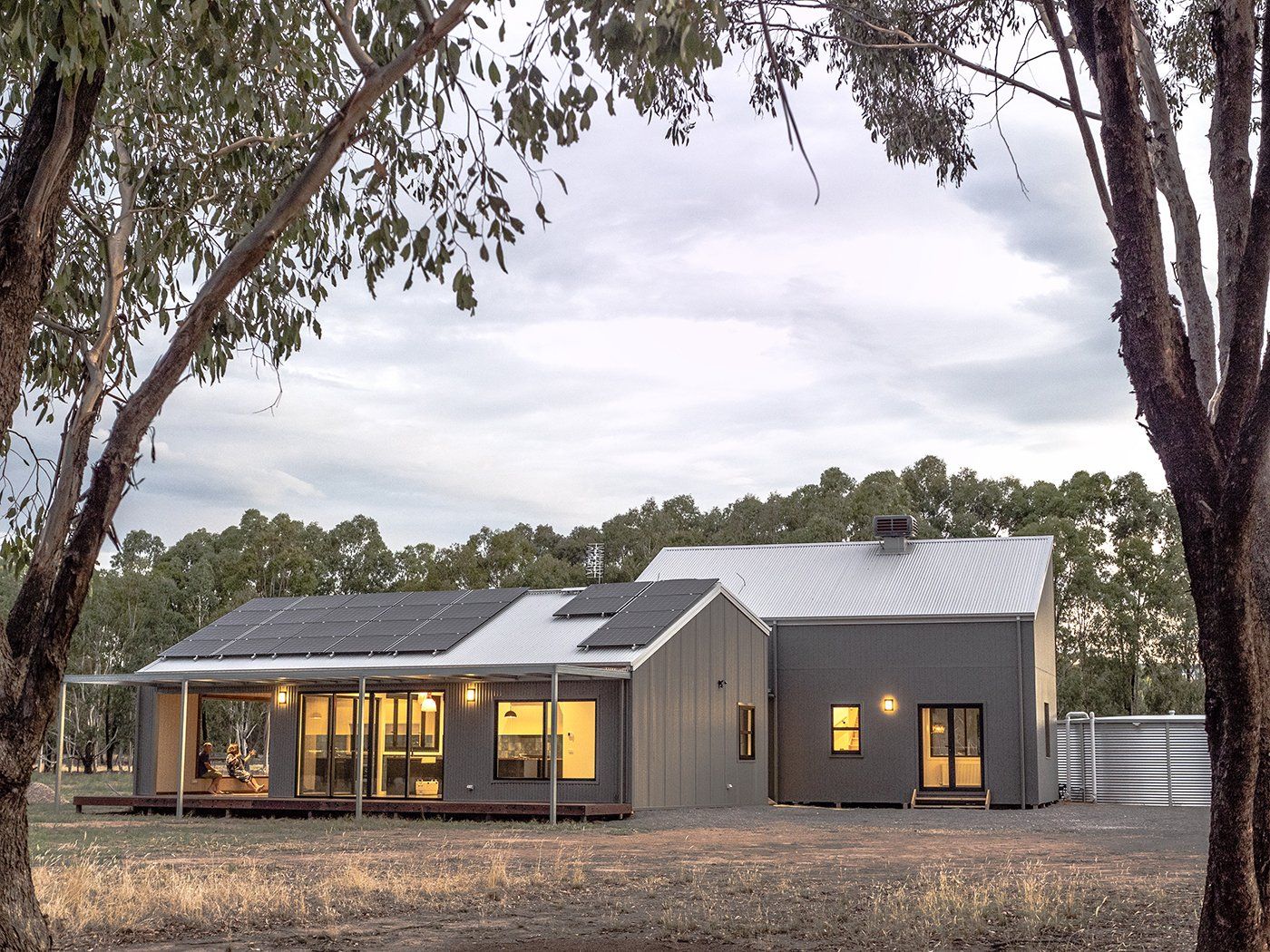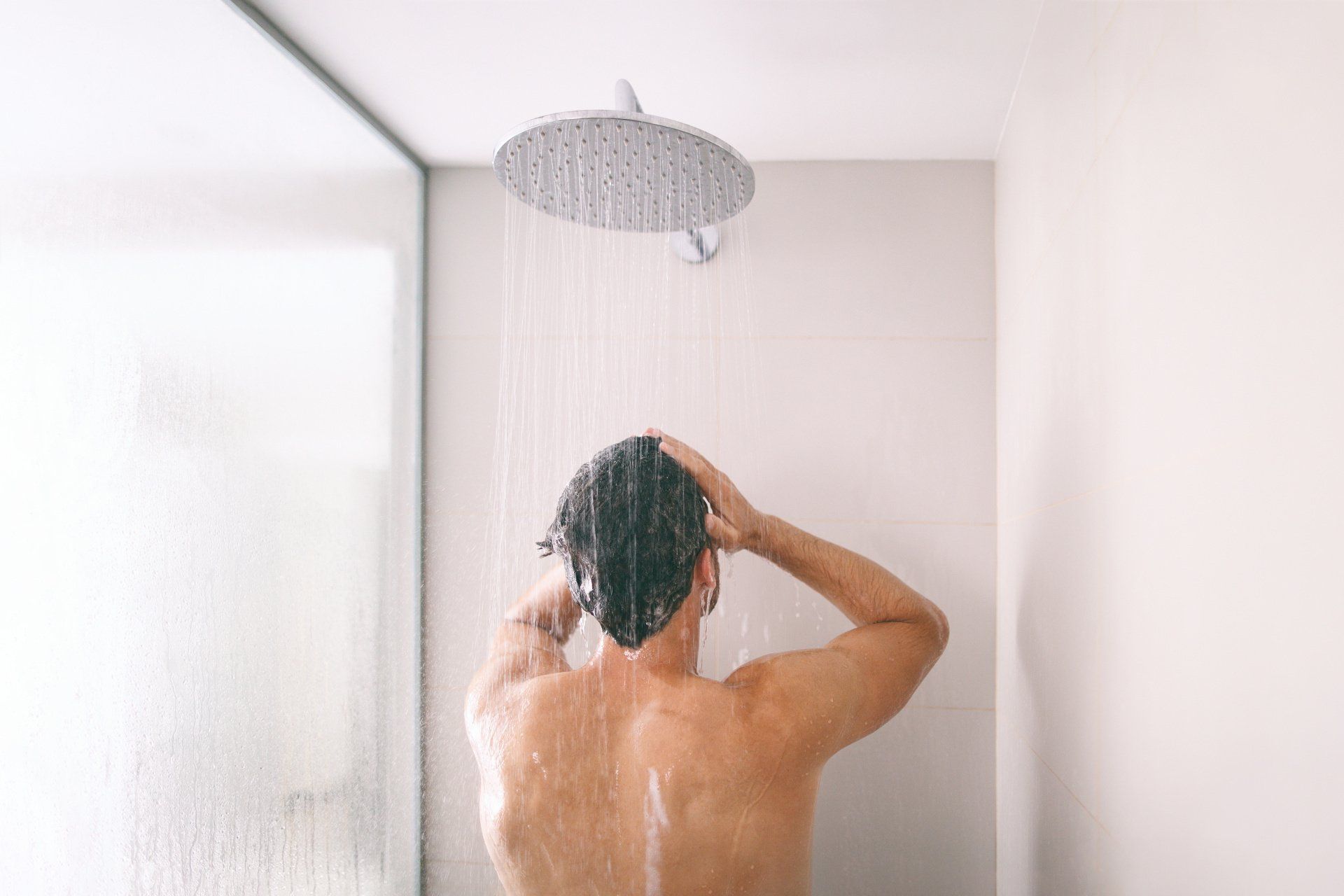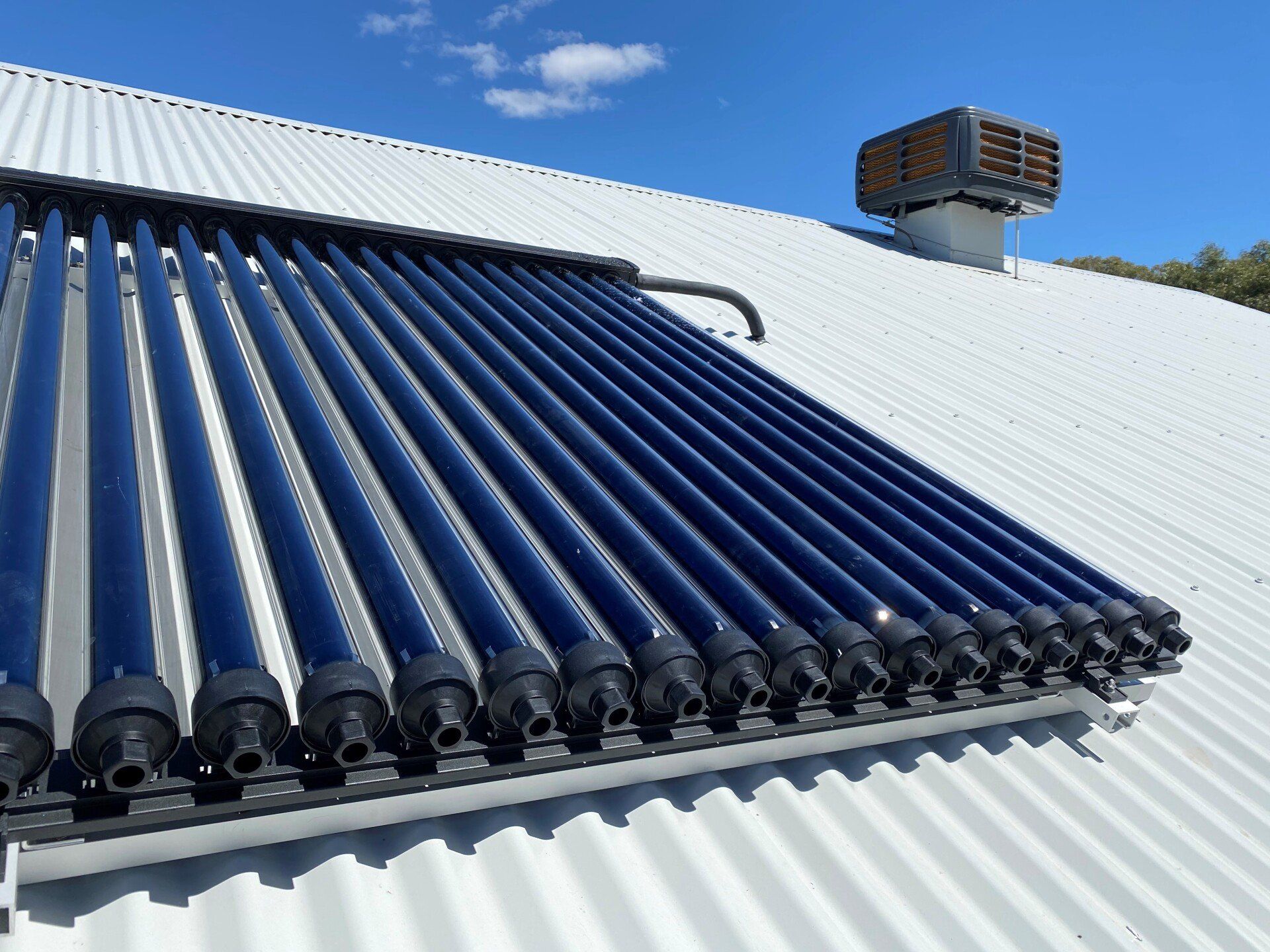Ways to Reduce Heating Costs this Winter
We all dread that winter power bill. Here's a few ways you can reduce costs and live more sustainably.

Aside from the cold, winter is a dreaded season because it is usually associated with high energy bills. Most of the time, heating systems are overworked just to keep the house warm and comfortable.
Fortunately, there are a number of simple solutions that you can follow to heat your home without incurring expensive energy bills. Below are some of the cost-effective techniques that can keep your house warm during the winter season.
Insulating Water Heater Pipes
One simple method you can try to lower heating costs during the winter involves wrapping the pipes of your water heater in an insulating blanket. This technique will prevent your water heater from working too much to make hot water. Aside from lowering energy costs, this method can also keep your water heater pipes from bursting during extremely cold days.
Draft-Proofing Your Home
The small gaps around doors and windows allow cold air to enter your home, which increases the use of heating systems. To prevent this from happening, install rubber seals or gaskets to cover the small gaps and openings of your home.
Aside from the gaps around windows and doors, it would help if you also considered draft-proofing other small openings commonly found near pipes, taps and electrical sockets. In addition to keeping cold air out, this technique will also prevent warm air from escaping.
Block Chimney Airflow
Fireplaces are great when it comes to heating a room. However, when they’re not being used, they can serve as passageways where warm air inside your home can escape.
To keep the warm air inside your home, temporarily block off your fireplace. Doing so will effectively prevent warm air from leaving your home.
Regulate Your Thermostat
During cold seasons, people have the tendency to turn up the thermostat to keep their homes warm. Although doing so might keep your house comfortably warm, it is a huge waste of energy.
Instead of turning up the temperature to 25 degrees or more, keep your thermostat at around 19 degrees. According to the department of Department of Industry, Science Energy and Resource, turning down the thermostat by one degree can reduce your energy consumption by 5% to 10%.
Use Hydronic Heating
Hydronic heating is one of the most efficient ways to heat a home without using too much energy. Basically, it works by using water to transfer heat throughout your home using a pipe system.
According to data collected by Sustainability Victoria, a government agency that promotes sustainable use of resources, the average annual energy cost of a gas hydronic system is lower than that of other heating methods. Through a hydronic heating system, you’ll also be able to efficiently control the amount of heat delivered to different areas of your home.
Install Curtains
Similar to draft-proofing, hanging curtains inside your home can prevent cold weather from entering the small openings around windows. Depending on the thickness of the curtains you will use, this method can effectively keep your house warm while reducing energy consumption costs.
Change HVAC Filter Systems
Changing the filters of heating, ventilation, and air conditioning (HVAC) systems is one of the most effective ways of lowering energy consumption during winter. After all, HVAC systems with dirty and clogged filters work harder than those with clean ones.
During times of heavy use, these filters should be changed or cleaned at least once a month. Annual maintenance of the whole system is also encouraged to ensure that it is working properly.
As Australia's most trusted hydronic supplier, WISELIVING's sister company Hurlcon Hydronic Heating has an extensive hydronics product range.
Check our full range of hydronics heating systems out here at Hurlcon Hydronic Heating!
Not sure exactly which heating system suits your needs? We’re happy to help! Call us at 1300 050 940 today.
